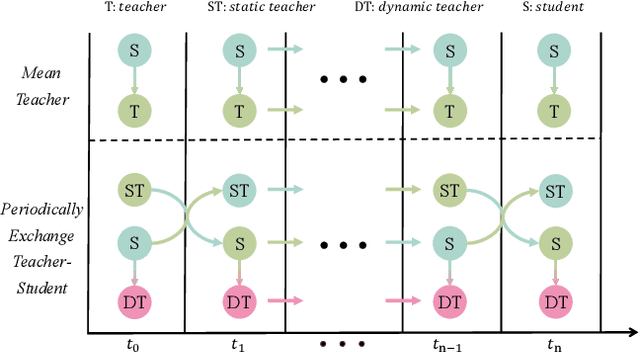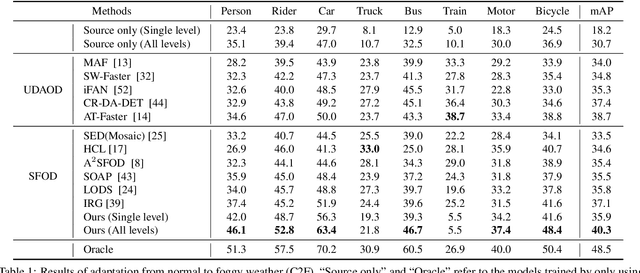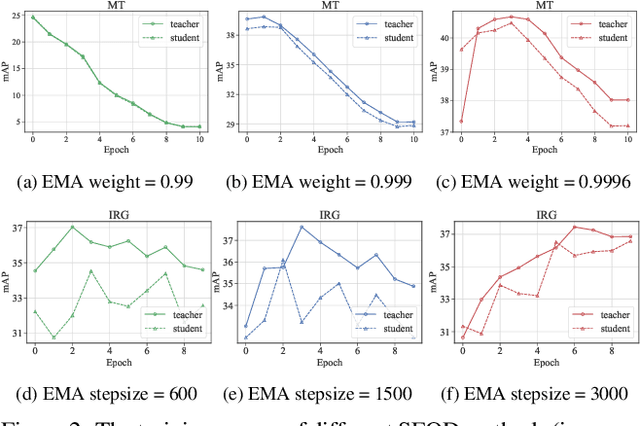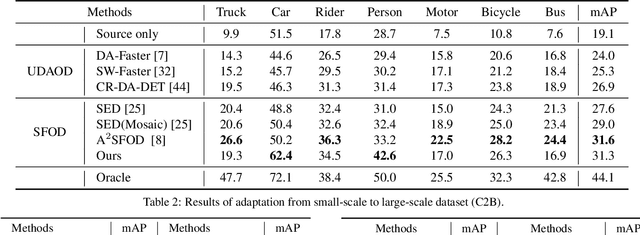Qipeng Liu
EmboCoach-Bench: Benchmarking AI Agents on Developing Embodied Robots
Jan 29, 2026Abstract:The field of Embodied AI is witnessing a rapid evolution toward general-purpose robotic systems, fueled by high-fidelity simulation and large-scale data collection. However, this scaling capability remains severely bottlenecked by a reliance on labor-intensive manual oversight from intricate reward shaping to hyperparameter tuning across heterogeneous backends. Inspired by LLMs' success in software automation and science discovery, we introduce \textsc{EmboCoach-Bench}, a benchmark evaluating the capacity of LLM agents to autonomously engineer embodied policies. Spanning 32 expert-curated RL and IL tasks, our framework posits executable code as the universal interface. We move beyond static generation to assess a dynamic closed-loop workflow, where agents leverage environment feedback to iteratively draft, debug, and optimize solutions, spanning improvements from physics-informed reward design to policy architectures such as diffusion policies. Extensive evaluations yield three critical insights: (1) autonomous agents can qualitatively surpass human-engineered baselines by 26.5\% in average success rate; (2) agentic workflow with environment feedback effectively strengthens policy development and substantially narrows the performance gap between open-source and proprietary models; and (3) agents exhibit self-correction capabilities for pathological engineering cases, successfully resurrecting task performance from near-total failures through iterative simulation-in-the-loop debugging. Ultimately, this work establishes a foundation for self-evolving embodied intelligence, accelerating the paradigm shift from labor-intensive manual tuning to scalable, autonomous engineering in embodied AI field.
Periodically Exchange Teacher-Student for Source-Free Object Detection
Nov 23, 2023



Abstract:Source-free object detection (SFOD) aims to adapt the source detector to unlabeled target domain data in the absence of source domain data. Most SFOD methods follow the same self-training paradigm using mean-teacher (MT) framework where the student model is guided by only one single teacher model. However, such paradigm can easily fall into a training instability problem that when the teacher model collapses uncontrollably due to the domain shift, the student model also suffers drastic performance degradation. To address this issue, we propose the Periodically Exchange Teacher-Student (PETS) method, a simple yet novel approach that introduces a multiple-teacher framework consisting of a static teacher, a dynamic teacher, and a student model. During the training phase, we periodically exchange the weights between the static teacher and the student model. Then, we update the dynamic teacher using the moving average of the student model that has already been exchanged by the static teacher. In this way, the dynamic teacher can integrate knowledge from past periods, effectively reducing error accumulation and enabling a more stable training process within the MT-based framework. Further, we develop a consensus mechanism to merge the predictions of two teacher models to provide higher-quality pseudo labels for student model. Extensive experiments on multiple SFOD benchmarks show that the proposed method achieves state-of-the-art performance compared with other related methods, demonstrating the effectiveness and superiority of our method on SFOD task.
MetaFBP: Learning to Learn High-Order Predictor for Personalized Facial Beauty Prediction
Nov 23, 2023



Abstract:Predicting individual aesthetic preferences holds significant practical applications and academic implications for human society. However, existing studies mainly focus on learning and predicting the commonality of facial attractiveness, with little attention given to Personalized Facial Beauty Prediction (PFBP). PFBP aims to develop a machine that can adapt to individual aesthetic preferences with only a few images rated by each user. In this paper, we formulate this task from a meta-learning perspective that each user corresponds to a meta-task. To address such PFBP task, we draw inspiration from the human aesthetic mechanism that visual aesthetics in society follows a Gaussian distribution, which motivates us to disentangle user preferences into a commonality and an individuality part. To this end, we propose a novel MetaFBP framework, in which we devise a universal feature extractor to capture the aesthetic commonality and then optimize to adapt the aesthetic individuality by shifting the decision boundary of the predictor via a meta-learning mechanism. Unlike conventional meta-learning methods that may struggle with slow adaptation or overfitting to tiny support sets, we propose a novel approach that optimizes a high-order predictor for fast adaptation. In order to validate the performance of the proposed method, we build several PFBP benchmarks by using existing facial beauty prediction datasets rated by numerous users. Extensive experiments on these benchmarks demonstrate the effectiveness of the proposed MetaFBP method.
 Add to Chrome
Add to Chrome Add to Firefox
Add to Firefox Add to Edge
Add to Edge